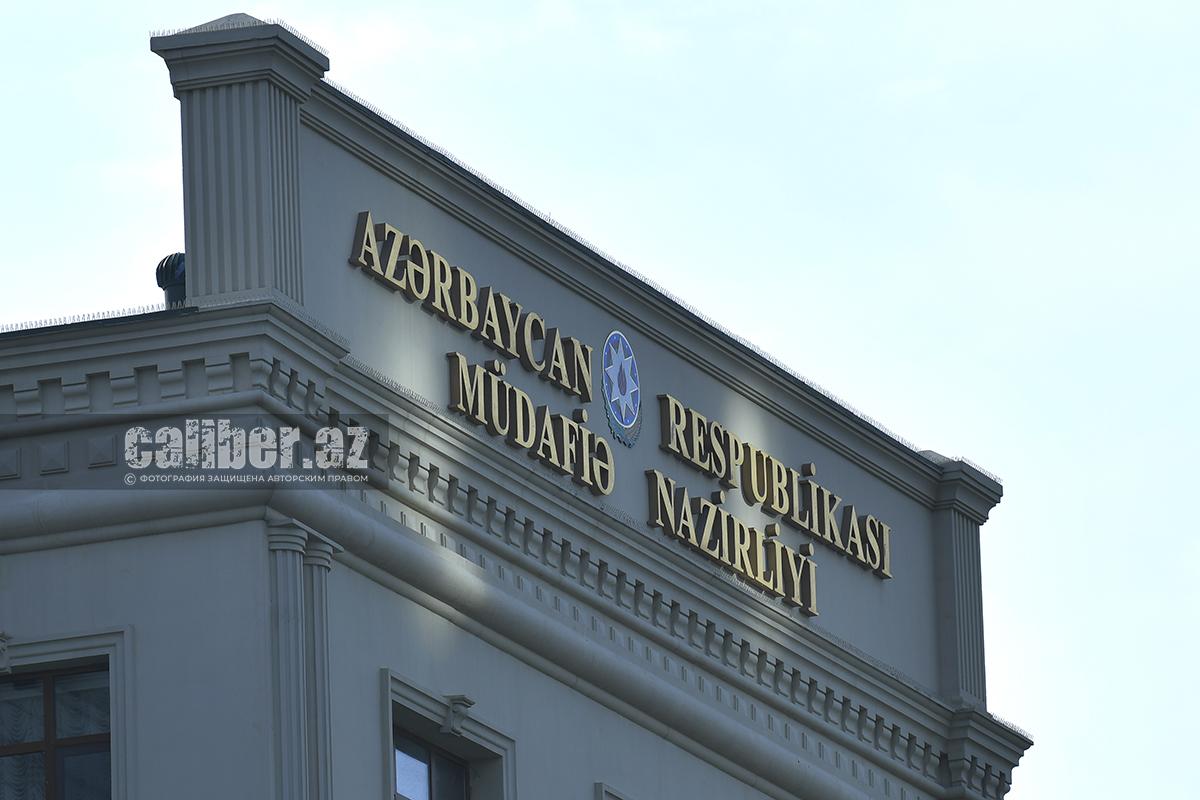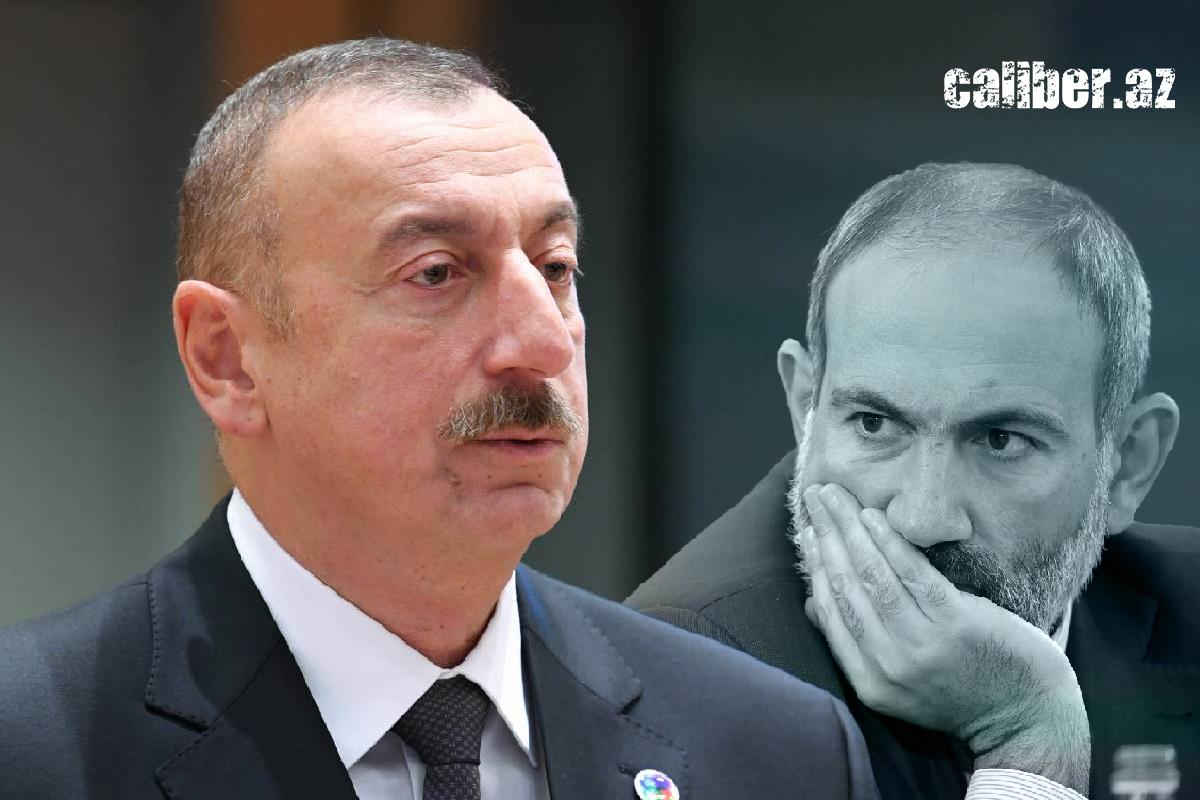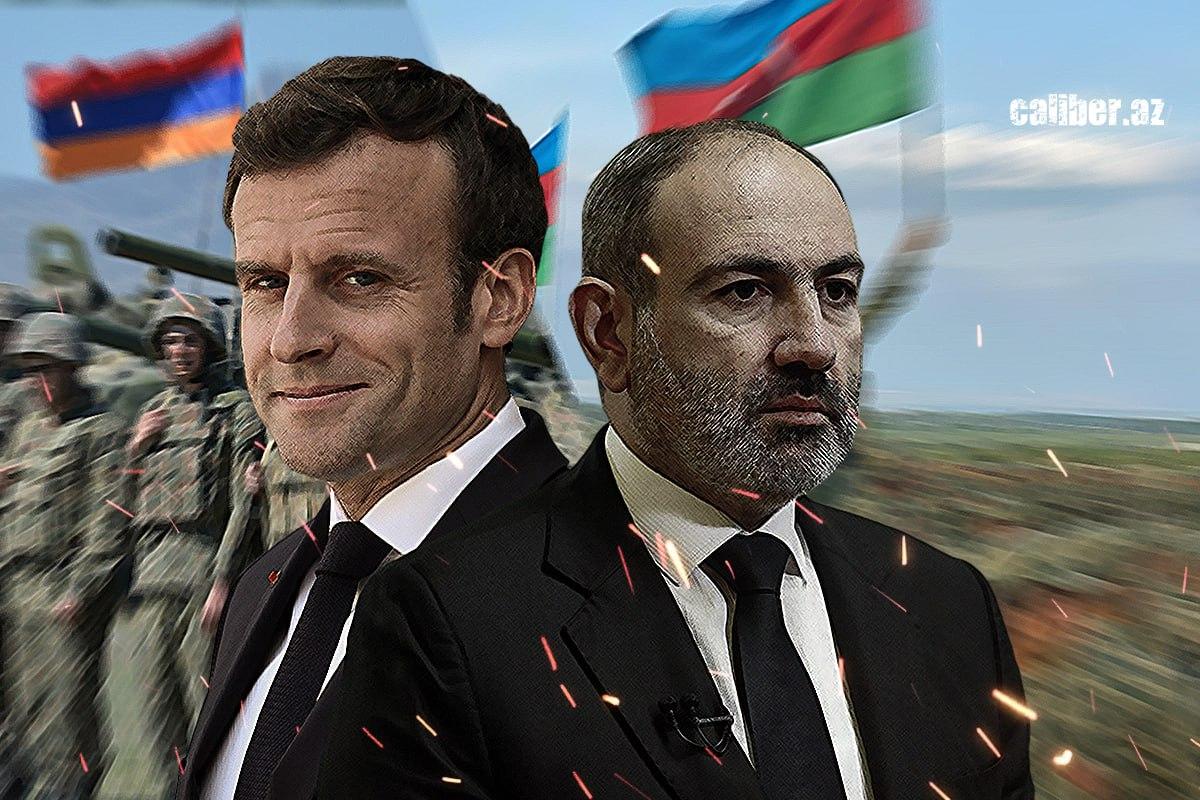Azerbaijan's triumph: How anti-terrorism operation defied western predictions The unfolding of military solution in Karabakh conflict
Two years ago, the Azerbaijani Defence Ministry accused Yerevan of engaging in extensive sabotage across multiple fronts. "During the night of September 12, the Armenian armed forces units committed large-scale provocations in the Dashkasan, Kalbajar and Lachin directions of the Azerbaijani-Armenian state border. At night, the sabotage groups of the Armenian armed forces using the mountainous terrain of the area and the existing ravine gaps mined the territories and supply roads between the positions of the Azerbaijan Army Units in different directions. Confrontation occurred as a result of urgent measures taken by the Azerbaijan Army Units in order to immediately suppress these actions," the Azerbaijani Ministry of Defence reported at the time.
Subsequently, the Azerbaijani Ministry of Defence issued another report. It stated that during the night of September 12-13, Armenian Armed Forces carried out a large-scale provocation in the Dashkasan, Kalbajar, Lachin, and Zangilan directions of the Azerbaijani-Armenian border. In the course of thwarting this extensive provocation, 80 Azerbaijani servicemen were killed.

The cost of freedom and independence has always been substantial. Naturally, the Armenian side presented a misleading narrative at the time, even going so far as to claim that the Azerbaijani military had "invaded" Armenian territory. Baku dismissed this allegation as absurd and reported damage to its infrastructure. Indeed, the Armenian provocations ignited a new conflict, with Yerevan disregarding Baku’s statements for a week, during which Baku consistently monitored and recorded the enemy's actions.
Notably, by that time, official Baku had made statements not only to official Yerevan. The President of Azerbaijan emphasized that Armenia had failed to honor its commitments under the trilateral statement of November 2020, and the issue persisted despite assurances from the Russian Ministry of Defence. This was a firm message from a resolute and globally significant leader.
Regrettably, both Moscow and Yerevan did not heed this message at the time. Consequently, Armenian Prime Minister Nikol Pashinyan convened a Security Council meeting and, prior to this, reached out to Russian President Vladimir Putin. He formally appealed to the Collective Security Treaty Organization (CSTO), seeking assistance from member states in response to Azerbaijan's "aggressive actions."
Naturally, this appeal did not prompt any action from the CSTO. Moreover, Pashinyan's appeal to the CSTO exposed his underlying strategy—his intention was to provoke an intervention from the organization. This tactic mirrored his previous attempts, such as the provocation in the Tovuz direction during the summer of 2020 and his expectations for CSTO support during the 44-day war. All of these calculations were simplistic and ultimately failed.

As is well known, the 44-day war concluded on the night of November 10, 2020, with the signing of the trilateral statement involving Azerbaijan, Russia, and Armenia. This agreement led to the temporary deployment of Russian peacekeepers in the Karabakh region. However, it became evident that, in practice, weapons, ammunition, and mines continued to flow from Armenia into Khankandi.
Official Baku has repeatedly highlighted this issue, but once again, it was disregarded. Consequently, the situation unfolded as it did. I vividly recall Armenian Prime Minister Nikol Pashinyan's address to Parliament, where he reported the deaths of 49 Armenian soldiers and cautioned that this number was likely to increase. He expressed frustration over Azerbaijan's refusal to engage in discussions about the situation in the Karabakh region, deeming it an internal matter.
The audacity and folly of Nikol Vovayevich's statements were truly remarkable. At that time, it seemed he genuinely believed that Khankandi could remain under the control of the Karabakh junta. One must wonder who led him to believe that such an improbable outcome was achievable. The answer is clear: the United States and France.

The US Department of State expressed its "deep concern" over the escalation between Armenia and Azerbaijan. "The United States is deeply concerned about reports of active hostilities between Armenia and Azerbaijan. We urge an end to military hostilities immediately. There is no military solution to the conflict," US Secretary of State Antony Blinken stated at the time.
Meanwhile, French President Emmanuel Macron positioned himself as a potential “peace negotiator.” Baku, however, dismissed his proposal outright, given Macron's track record of deception and his overtly partial stance in favor of Armenia, which had been occupying 20 per cent of Azerbaijan’s territory for over a quarter of a century.
Regarding Blinken's assertion, it was conclusively disproven exactly one year later by Azerbaijan. Through a one-day anti-terrorist operation in the Karabakh economic region of Azerbaijan, the remaining elements of the Karabakh junta were eliminated.
This operation fully restored Azerbaijan's sovereignty and territorial integrity, demonstrating that the Armenia-Azerbaijan conflict indeed had a military-political resolution. This outcome clearly illustrated Azerbaijan’s capacity to achieve its objectives. It serves as a critical lesson for both the leadership of Armenia and the nations that continue to finance and arm Armenia, effectively fueling Armenian revanchism.








